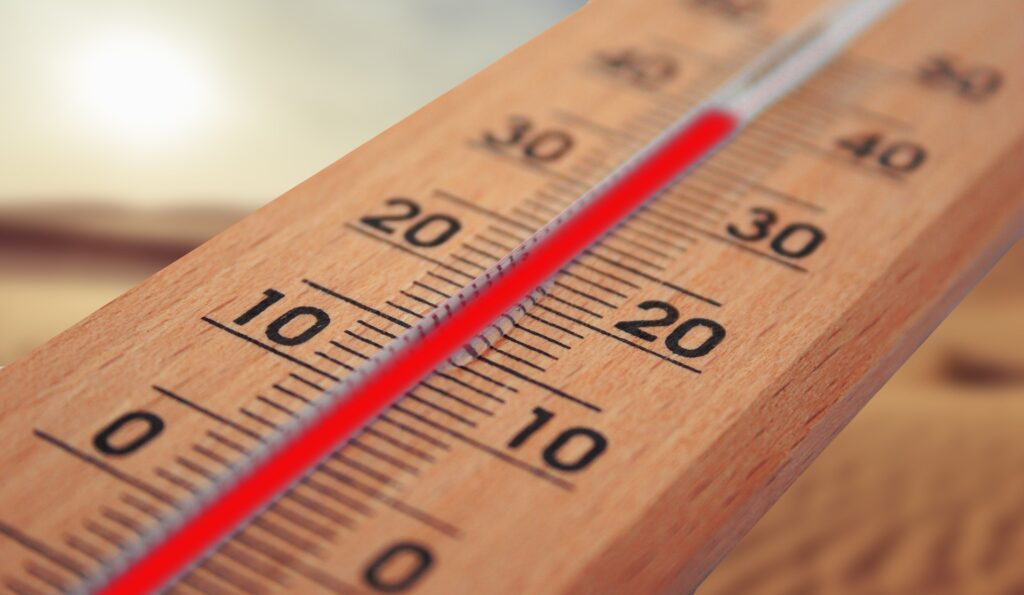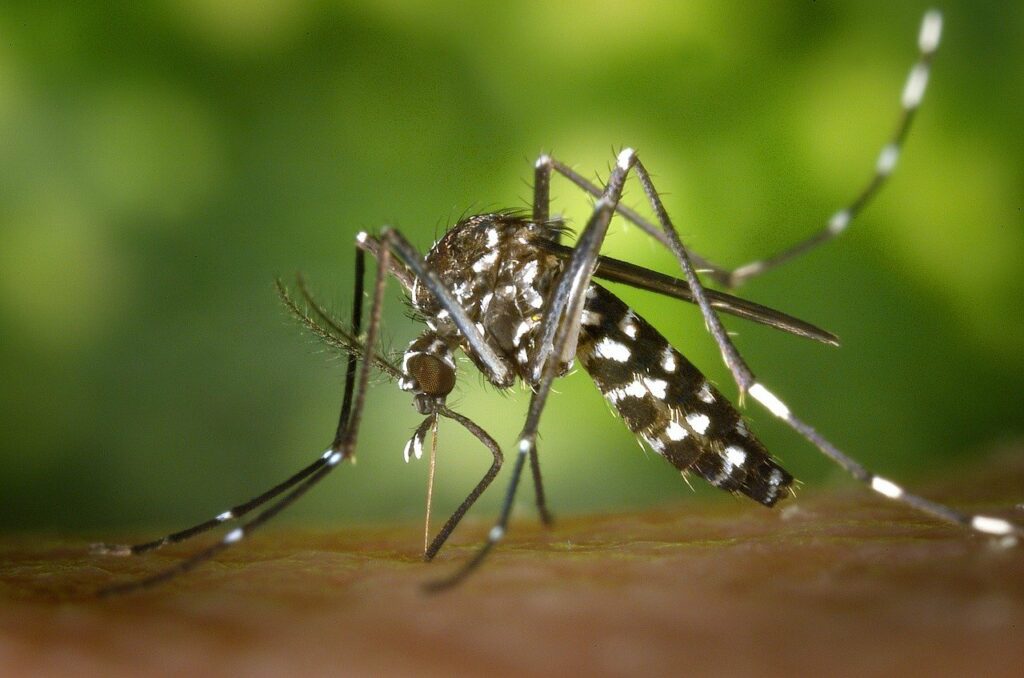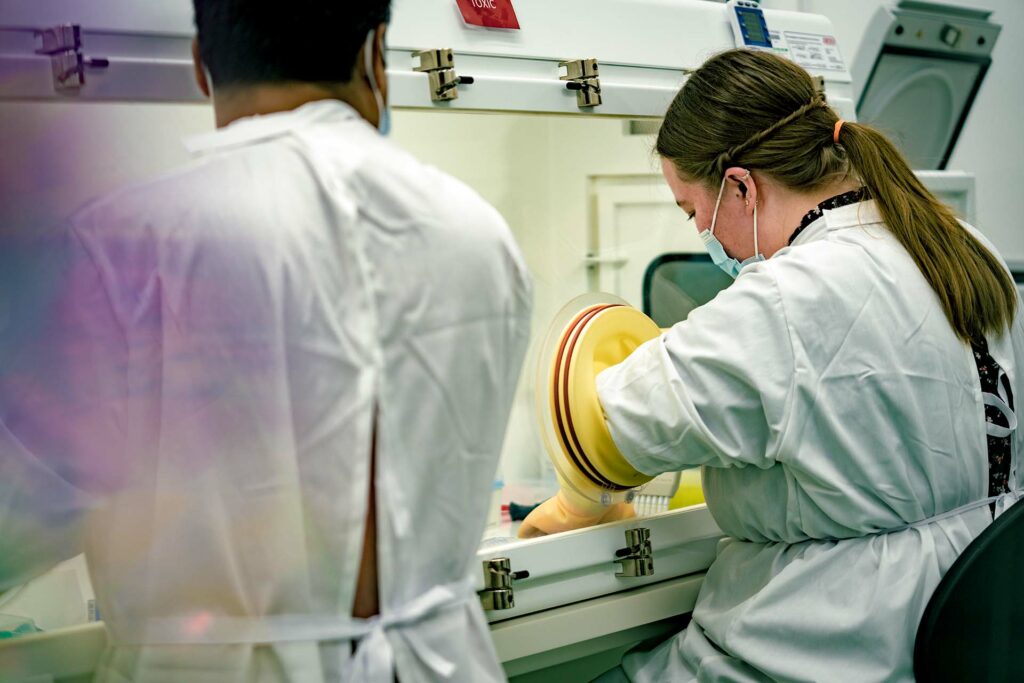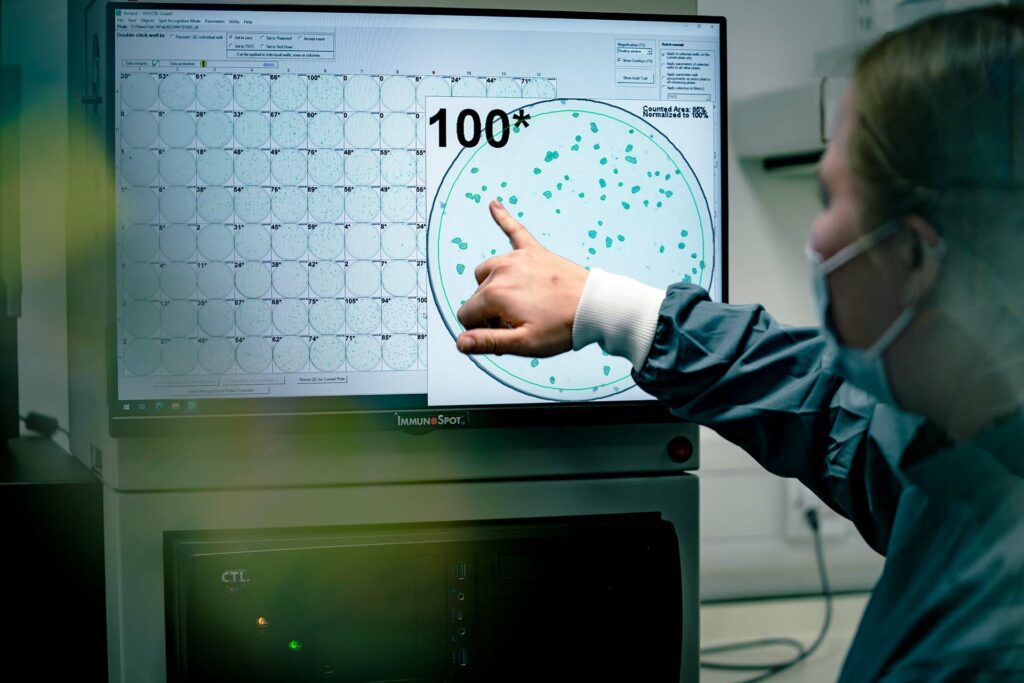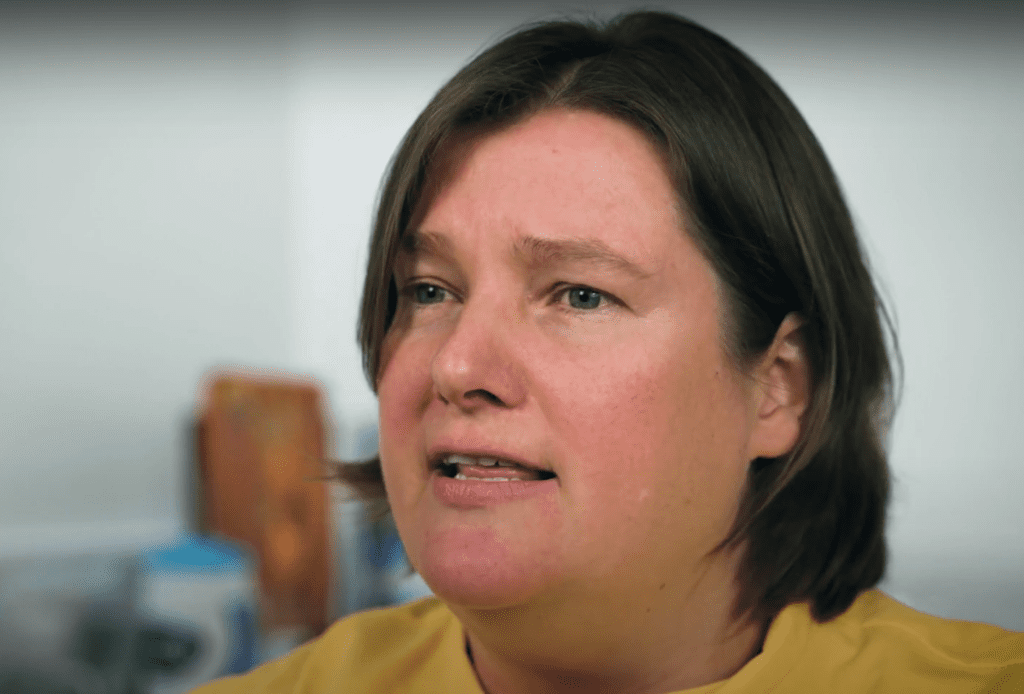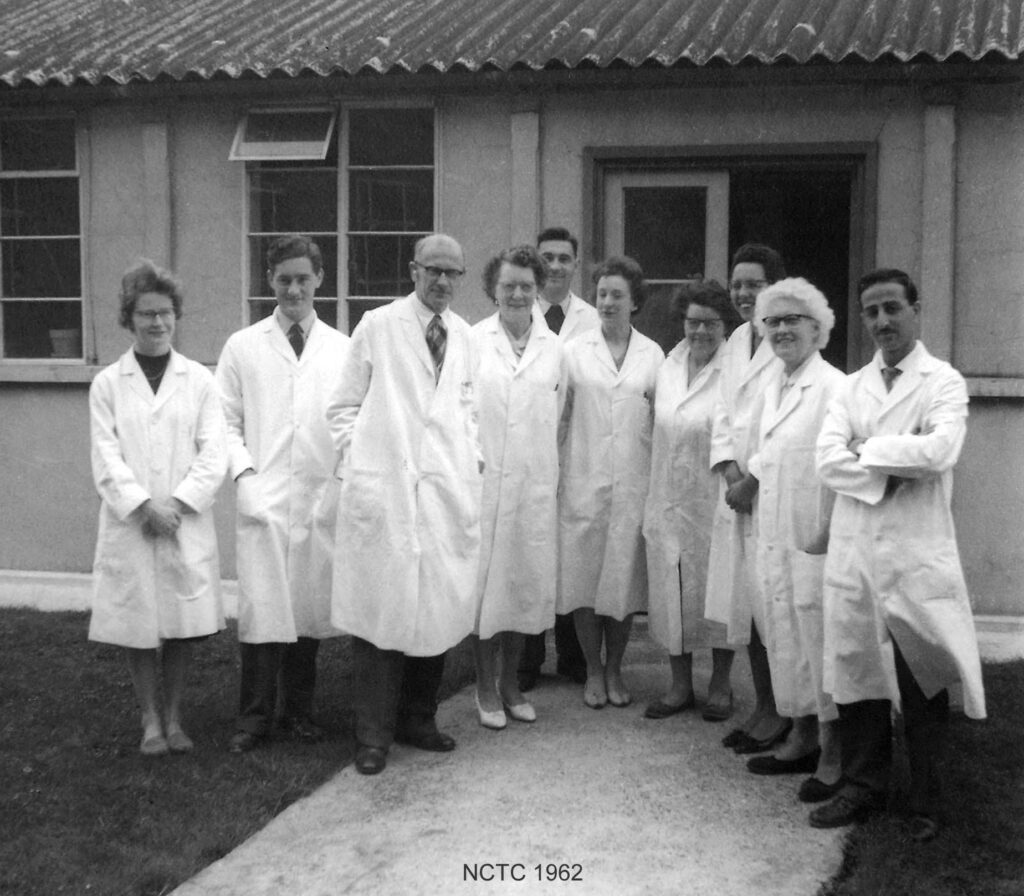UKHSA science
Our scientists study the health effects of climate change, provide early warning and response to extreme weather events, quantify the health impacts of air pollution and monitor the risks posed by changes in the distribution of vector-borne disease or disruptions within the food system.
A potential episode of thunderstorm asthma was detected by UKHSA’s real-time syndromic surveillance in July 2012 with another reported in June 2021 and again in June 2023. This blog covers the science behind thunderstorm asthma and what are we doing to address it.
In this blog we focus on the activities of our Medical Entomology and Zoonoses Ecology (MEZE) team. That’s our scientists responsible for assessing the emerging risk posed by arthropods (in the UK’s case, primarily ticks and mosquitoes), that can carry and transmit the bacteria, viruses and parasites that cause disease.
The scientific capabilities and technologies at our health security laboratories, including those in our science campuses at Porton Down, Chilton and Colindale and our regional labs co-located with the NHS, are at the core of our mission to protect people from all health hazards.
Disease surveillance is one of UKHSA’s most essential functions. We ensure that we gather the right information at the right time – and present this information clearly and accurately to inform public health decisions in response to emerging or ongoing threats of disease.
Today marks the start of British Science Week, a celebration of science, technology, engineering and maths, and an opportunity to highlight health protection science and UKHSA’s contribution as an organisation with science at its heart.
I was told aged 13 that I should consider becoming a biology teacher by my school careers advisor. Biology was one of my favourite lessons at school and this planted the seed that I could go on to study it in higher education.
Housed in one of UKHSA’s largest sites, the National Collection of Type Cultures is one of the oldest living libraries of bacteria in the world. In this blog we look at how it has created a window to the past and what we use the collection for now.
